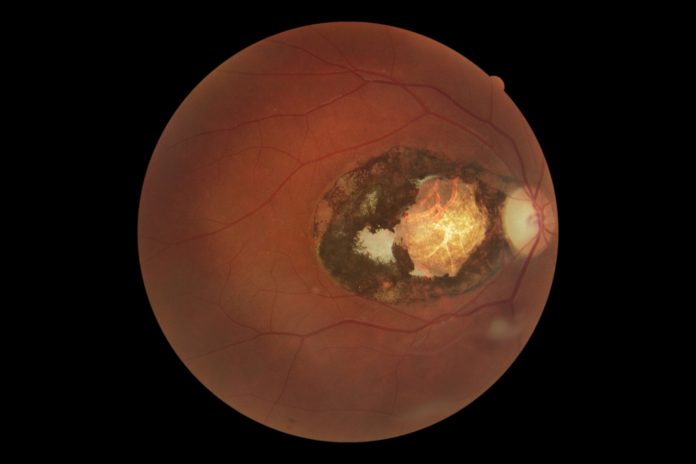One in 150 Australians has retinal scars caused by the Toxoplasma parasite, according to a new Flinders University analysis.
This parasite, which is said to be closely associated with cats, causes the infectious disease known as toxoplasmosis.
Experts say that for humans, while domestic cat faeces can be a carrier for this parasite, the most common route of infection is by eating undercooked or raw meat that has been sourced from infected livestock.
Given that toxoplasmosis can progressively damage the retina and lead to vision loss, experts are calling for increased awareness of this disease.
“Considering Australia’s substantial population of feral cats that are known to be infected, alongside high levels of farming and diets rich in meat, it’s imperative we understand the prevalence of the disease across the country,” says study senior author Professor Justine Smith, Strategic Professor in Eye & Vision Health at Flinders University.
Professor Smith says that currently there is no cure or vaccine for this disease and symptoms vary depending on age, health, and genetics.
“Many people are asymptomatic, but the most common disease that we see in the clinic is retinal inflammation and scarring known as ocular toxoplasmosis,” she says.
According to previous research infection with this parasite can lead to reduced vision and even blindness, so it’s important for people to understand the risk factors of toxoplasmosis and ways to avoid it.
“While people are often familiar with pregnant women needing to avoid cat litter trays, we also need everyone to know that preparation of meat is an important risk factor,” says Professor Smith.
Research by Professor Smith in 2019 highlights a high prevalence of Toxoplasma in Australian lamb sold in supermarkets.
“Add to that, that it’s now becoming more common to prepare meat in and out of restaurants to be purposefully undercooked or raw, then the likelihood of people becoming infected with Toxoplasma increases,” she says.
“We need people to be aware this disease exists, so they can make informed decisions about how they prepare and eat their meet. The parasite can be killed easily by cooking the meat to an internal temperature of 66ºC (or medium) or by freezing it prior to cooking.”
This research was published in the journal, Ophthalmology Retina.
To learn more about the best clinical practice for managing this disease, visit: bjo.bmj.com/content/early/2022/02/22/bjophthalmol-2022-321091.info.









